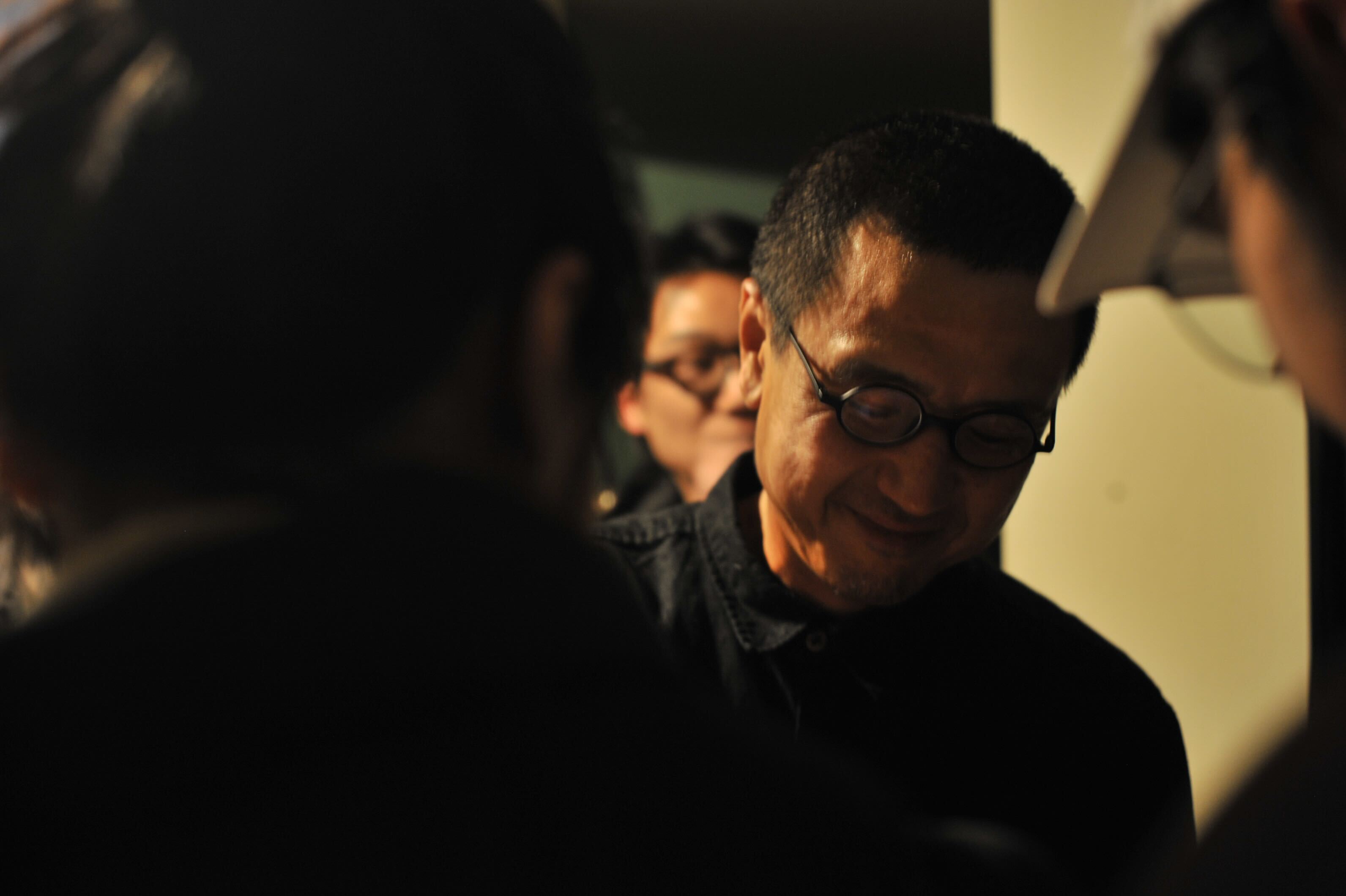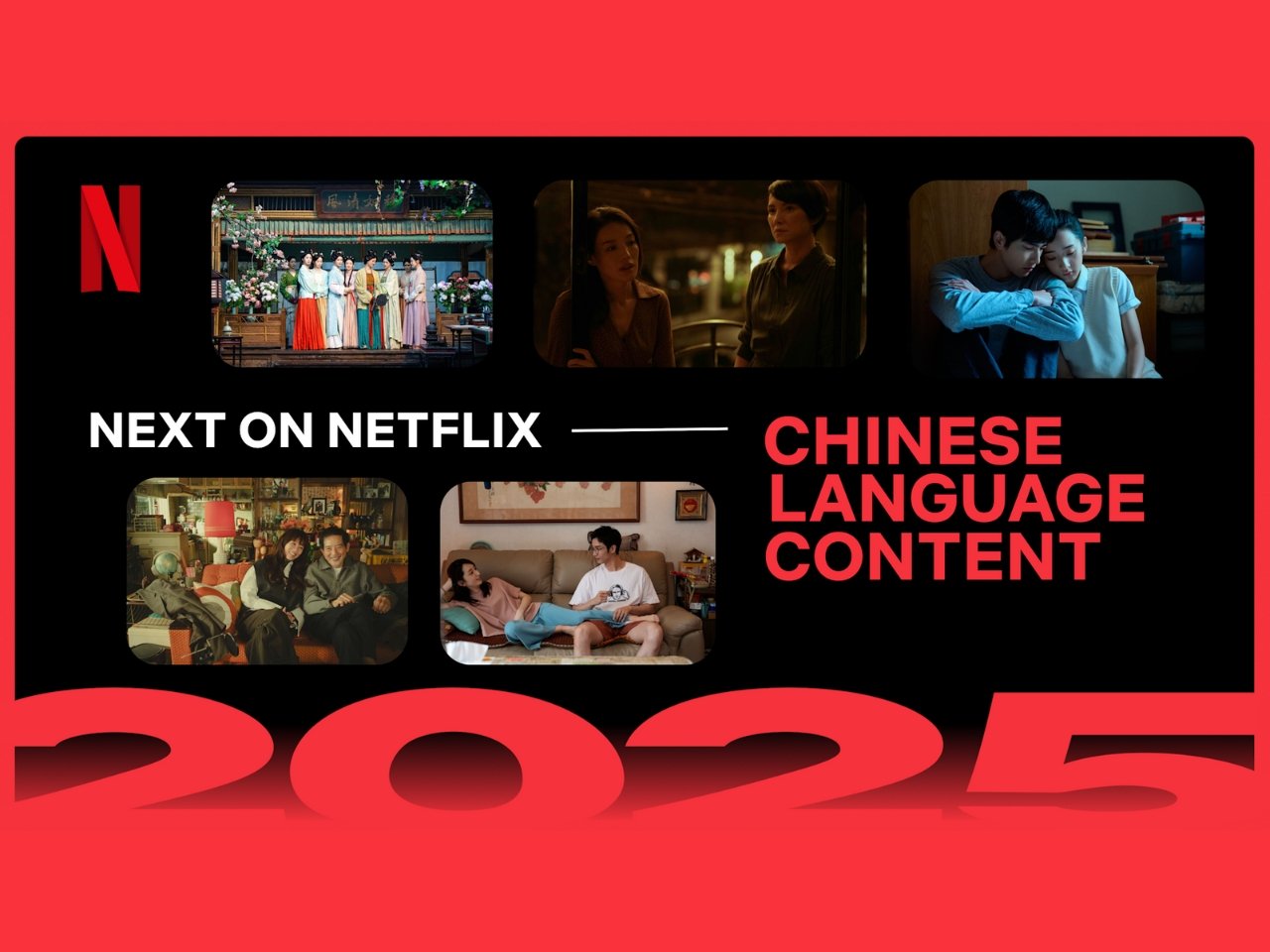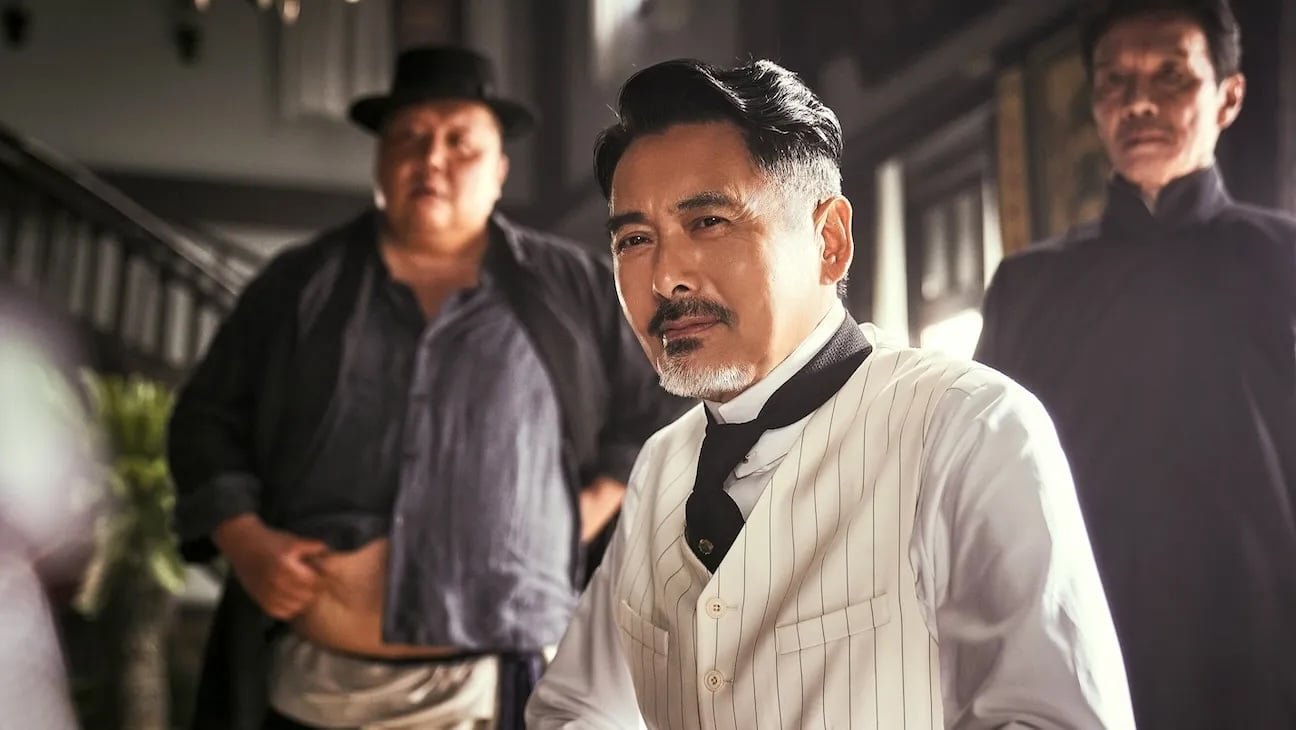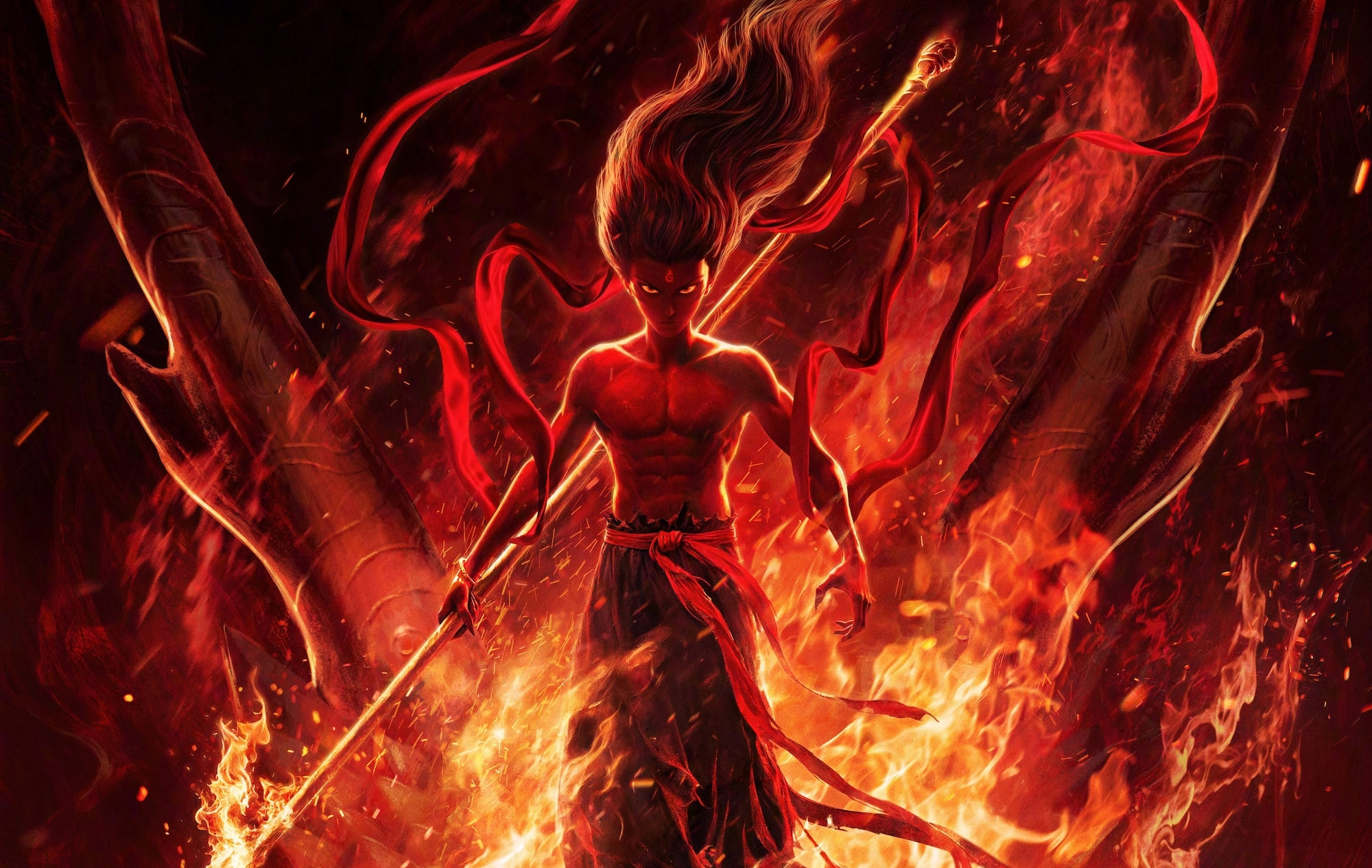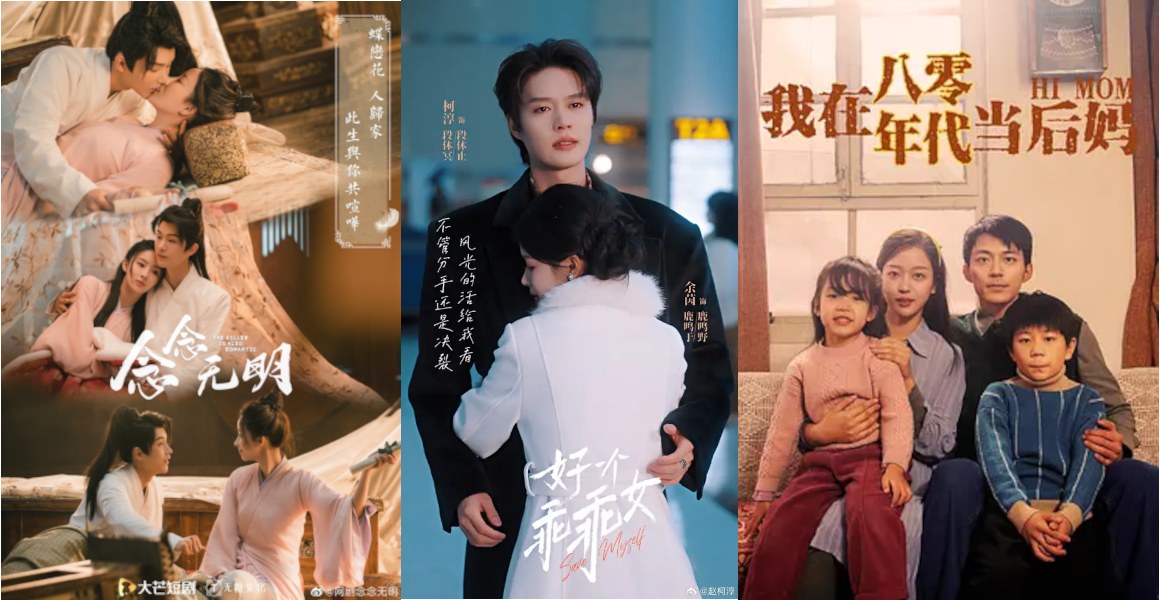On January 31, Lou Ye attended the 54th International Film Festival Rotterdam (IFFR) as a guest, hosting a post-screening Q&A for his latest work, An Unfinished Film. This occasion held particular significance for him and his long-time followers — it was at IFFR 2000, 25 years ago, that Lou first gained international recognition, winning the prestigious Tiger Award for his classic film Suzhou River.
Lou’s decision to premiere Suzhou River internationally without the approval of Chinese authorities led to a two-year filmmaking ban in the Chinese mainland. Now, a quarter-century later, he returns to Rotterdam with another film that failed to receive official Chinese approval.
Lou Ye has long been known for his restless, handheld cinematography and fragmented storytelling. In his films, he subconsciously digs into deeper themes including identity, memory, and personal fate entangled with political and social turmoil.
In An Unfinished Film, his signature style is taken even further. The film’s documentary-like cinematography and its unfiltered depiction of a real incident from January 2020 seamlessly merge fiction with reality. Most of the cast plays versions of themselves, blurring the lines between performance and lived experience. The absence of clear-cut narrative boundaries — a hallmark of Lou Ye’s work — forces the audience to think through a potential space where personal storytelling and collective history collide.
An Unfinished Film revolves around a stalled project from a decade ago. The original film followed two men navigating their emotions, relationships, and personal development in the rapidly evolving landscape of 2000s China, where the forces of modernization often dictated individual fates.
Due to creative disagreements with investors, the project was left incomplete. In late 2019, Lou Ye reunited the cast to explore the possibility of finishing their untold story. It was at this point that the narrative of An Unfinished Film began.
This interplay between the actual and the cinematic becomes even more compelling when considering the historical backdrop against which the reshoots took place: Chinese New Year 2020 in Wuhan, mere days before the city became the epicenter of a global pandemic.
As the unknown virus took hold, the film’s production was abruptly halted, forcing the crew to abandon their original story. Instead, Lou Ye shifted his lens to the unfolding reality, incorporating news footage and short video clips from social media recordings. His signature cinematographic style transformed into a collage of fragmented realities in the form of vertical-frame video clips, where news and personal experience became indistinguishable.
The shift from character-driven drama to a documentary-like record of an unprecedented event raises a profound question: when real-world events overpower a film’s narrative, what remains of cinema as a storytelling medium?
Lou Ye does not attempt to answer this directly. Instead, he lets history seep into the film organically, turning it into a reflection of a moment that was as chaotic and unresolved as the film itself.
During a post-screening Q&A at the festival, the audience raised questions about the film’s production. Given its subject matter, it is unsurprising that An Unfinished Film has little chance of a public screening in China.
For Lou Ye, such restrictions are not unfamiliar. However, a new challenge emerges: how does a film so deeply rooted in a specific socio-political moment resonate with international audiences who lack direct context?
Lou Ye admitted that when making the film, he did not consciously consider audience reception. To him, filmmaking is a medium through which he processes and conveys his personal experiences and observations. The pandemic was a once-in-a-lifetime event, and the film that emerged from it was equally singular. In the rush to complete production and submit to international film festivals, there was little time to anticipate how audiences might interpret or engage with its narrative.
A decade-old story has now found its resolution — unexpected, but deeply significant. From Cannes to Singapore and now IFFR, An Unfinished Film continues its journey across international film festivals. Meanwhile, a new wave of Asian filmmakers is making their mark at IFFR 2025, amplifying diverse perspectives and storytelling voices on the global stage.
Banner image: Lou Ye at the backstage of IFFR. Photo by Mia Fan.

